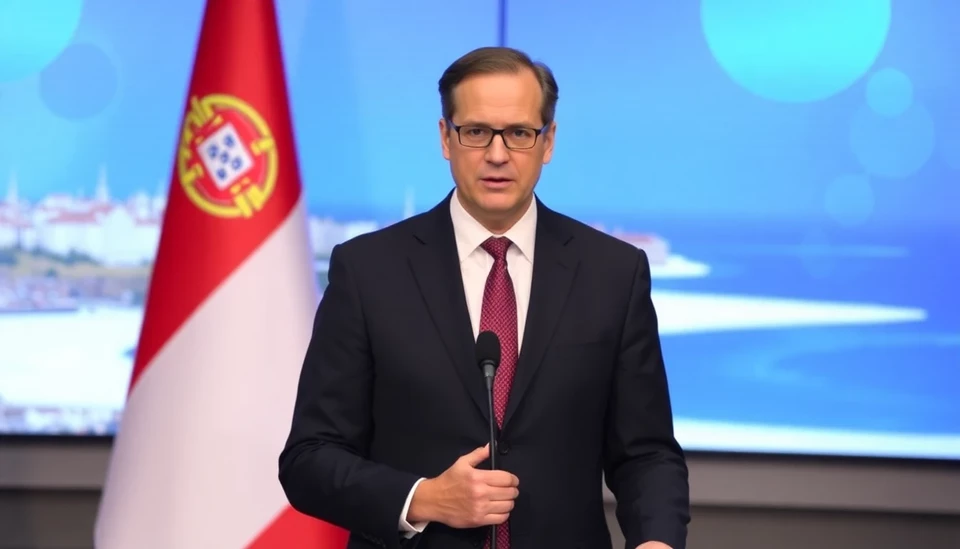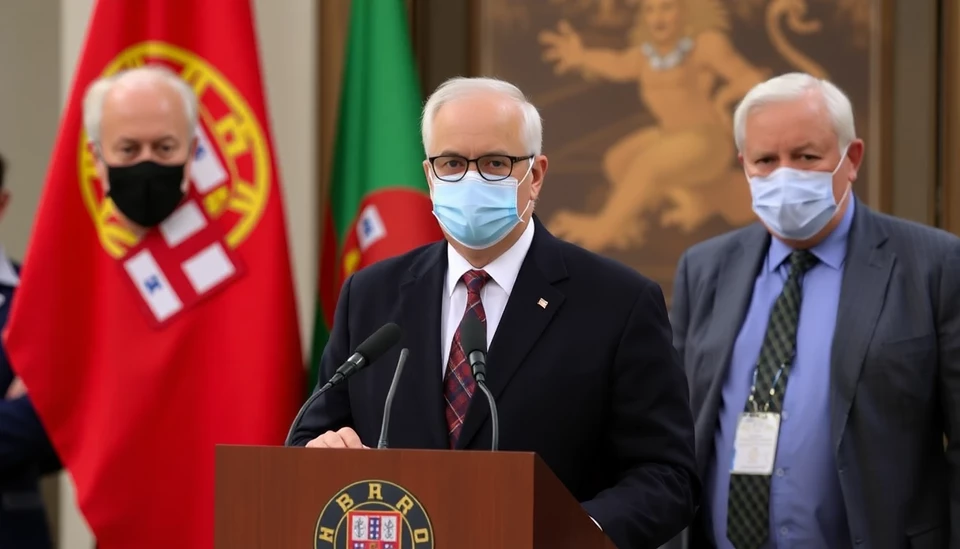
In a significant move that could redefine the political landscape in Portugal, the main opposition party has decided to let the minority government's budget proposal pass. This decision, prompted by recent political developments, marks a pivotal moment in the government’s stability as it grapples with ongoing economic challenges and public discontent.
The Portuguese Social Democratic Party (PSD), under the leadership of Luís Montenegro, publicly announced its strategy to support the socialist-led government in passing the budget. This choice stands in stark contrast to its previous stance of outright opposition, revealing a calculated shift in political strategy as the PSD evaluates its long-term objectives in anticipation of future elections.
This decision comes at a crucial time, as the Portuguese economy faces several headwinds, including rising inflation and concerns over public expenditure. By voting to allow the budget to pass, the PSD aims to position itself as a responsible alternative to the ruling socialist government, highlighting a commitment to stability and economic sense that could resonate with voters in the upcoming election cycle.
Montenegro emphasized that while the PSD will facilitate the budget's passage, it will continue to maintain a critical stance on the government's economic policies. This dual approach of support interspersed with critique aims to balance their role as a viable alternative while preventing the government's excesses, particularly in areas prone to political and economic mismanagement.
The decision doesn't come without controversy. Some within the party have raised concerns about the potential backlash from constituents who may view this support as a compromise of their core values. Nevertheless, the leadership believes that prioritizing national interest over short-term political gain could yield dividends as the political scene evolves.
Analysts suggest that this development could trigger a realignment of political forces in Portugal, opening the door for new coalitions and partnerships in the future. As parties reassess their strategies, the ramifications of the PSD's choice to back the government could widely influence voter sentiment and alter the dynamics of the upcoming electoral battle.
Meanwhile, the prime minister, António Costa, has welcomed this shift, highlighting it as a recognition of the government's efforts and a commitment to the essential policies designed for the nation’s recovery. Costa intends to underscore the budget’s role in sustaining economic growth and addressing social needs, framing the cooperation from the opposition as beneficial for the country.
This development is likely to garner significant attention amid a backdrop of growing public frustration over economic conditions in Portugal. As inflation continues to erode purchasing power, pressure mounts on the government to deliver results, making the opposition’s decision even more critical as they navigate the complex political waters ahead.
As the political parties gear up for the future, all eyes will be on how this cooperative measure will unfold, whether it will foster stability or provoke further rivalry among competing factions. Ultimately, the effects of this decision will shape not only the budgetary landscape but also the trajectory of Portuguese politics in the coming months.
#Portugal #Politics #Budget #PSD #Socialists #Economy #LuísMontenegro #AntónioCosta #PoliticalStrategy
Author: Daniel Foster




